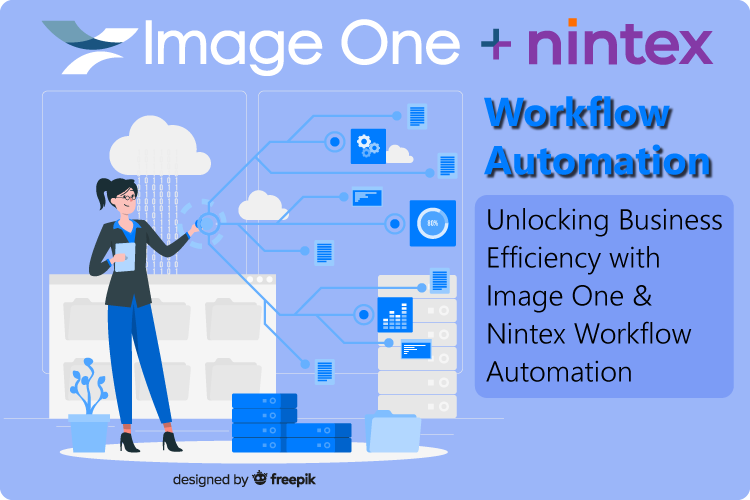Document imaging provides clinical, safety and intelligence benefits for hospitals
Tuesday, December 18, 2012While the benefits of document digitization are clear in regards to storage efficiency, intelligence capture, advanced archiving and protection against data loss during disaster, many hospitals still haven't gone paperless.
The Health Insurance Portability and Accountability Act (HIPAA) defined strict regulations that must be met for document storage. And according to IT World, the government has stressed the importance that hospitals and healthcare companies go paperless, particularly for security reasons.
By implementing document conversion services, electronic formats can prevent unauthorized access by password-protecting and encrypting files. IT World reports that advanced document management systems have the capability to customize settings so that data can be overwritten or deleted at a particular time or on a particular day.
One hospital that has realized the advantages to document conversion services is Mercy Regional Health Center in Manhattan, Kansas. Laurie Beffa, systems analyst at MRHC, has seen the HR benefits first-hand, as it even sped up their PTO process.
"It saves time for employees and directors, and has eliminated paper," she said.
The paperless solution also made it possible to enter post-discharge survey responses about patients' experience electronically, which gives staff members the ability to track them more easily.
Hospitals could eliminate data loss or leakage of sensitive records by implementing a document imaging system, while also improving their data capture intelligence.
Brought to you by Image One Corporation providing complete information governance since 1994.




